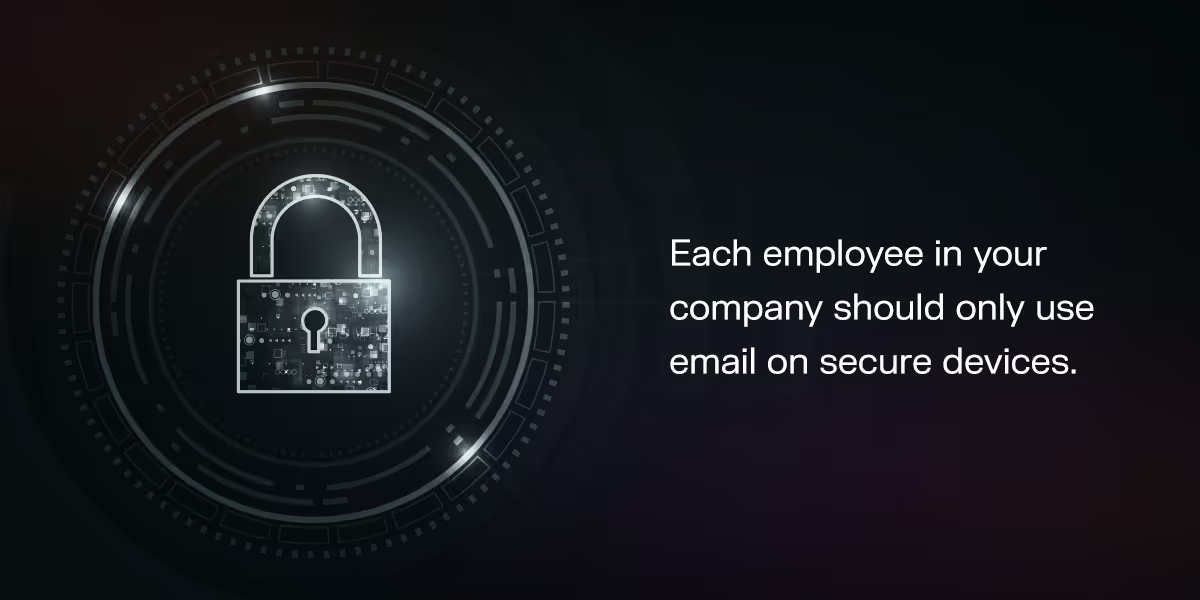Enterprise-level email security
Enterprise email security best practices
The following best practices enhance email security to better protect your organization's data and communications:
Strengthen your secure email gateway
A secure email gateway (SEG) is a type of software designed to filter out malicious emails. Your SEG is your company's first line of defense, protecting against threats like malware and phishing, including BEC.
While SEGs are vital to guarding against various email threats, they are limited in their ability to thwart sophisticated evasion techniques. SEGs may also produce false positives, flagging legitimate emails as malicious.
Consider enhancing your SEG with advanced threat detection tools to stay on top of the latest cyber crime tactics. In some cases, AI technology can learn on its own, continually adapting to authorized user patterns and immediately detecting and responding to deviations like phishing attempts. These tools catch and respond to threats faster and more effectively than ordinary SEGs, keeping them from reaching employee inboxes.
Adopt effective email encryption
Email encryption is especially crucial for enterprise email because of the sensitive information and data involved. The following email encryption formats can help enhance your enterprise email security:
- Secure/multipurpose internet mail extensions (S/MIME) encryption: S/MIME encryption uses asymmetric cryptography and digital signatures to ensure only recipients with the corresponding private key can access an email's content.
- Transport layer security (TLS) protocol: TLS encryption enables servers to generate digital certificates and a shared secret key for all communication. This “handshake” process requires clients and servers to authenticate each other, preventing unauthorized parties from intercepting and reading emails in transit.
Limit use to secure devices

Each employee in your company should only use email on secure devices. Unsecured devices can leave communications vulnerable, so it's important to ensure company devices are trackable, encrypted, and compliant.
Enhance security for remote workers
Enterprise email security is especially vital for remote workers because they may access email from personal networks. The following strategies can help you enhance email security for remote workers:
- Virtual private network (VPN) implementation when using a public Wi-Fi source
- Multi-factor authentication (MFA)
- Strong password policies
- Strong encryption
- Device updates with the latest security patches
Train employees with realistic phishing simulations
While technological and systematic safeguards are the most important parts of enterprise email security, employees also play a crucial role. Your IT team can train employees to recognize and respond to emerging email-based attacks by simulating real-world incidents in your unique digital environment.
Phishing simulation involves sending emails that imitate realistic phishing attempts to employees. This testing method allows IT teams to see how each employee would respond when facing an actual threat, enabling them to tailor security training to each person.
Training employees through phishing emulations does not have to be a time-consuming, costly process. Your IT team can harness AI technology to generate realistic phishing simulations based on company assets and automatically send them to employees at regular intervals. Al can then track, record, and document the simulation results, as well as generate personalized feedback based on employee interactions.
























